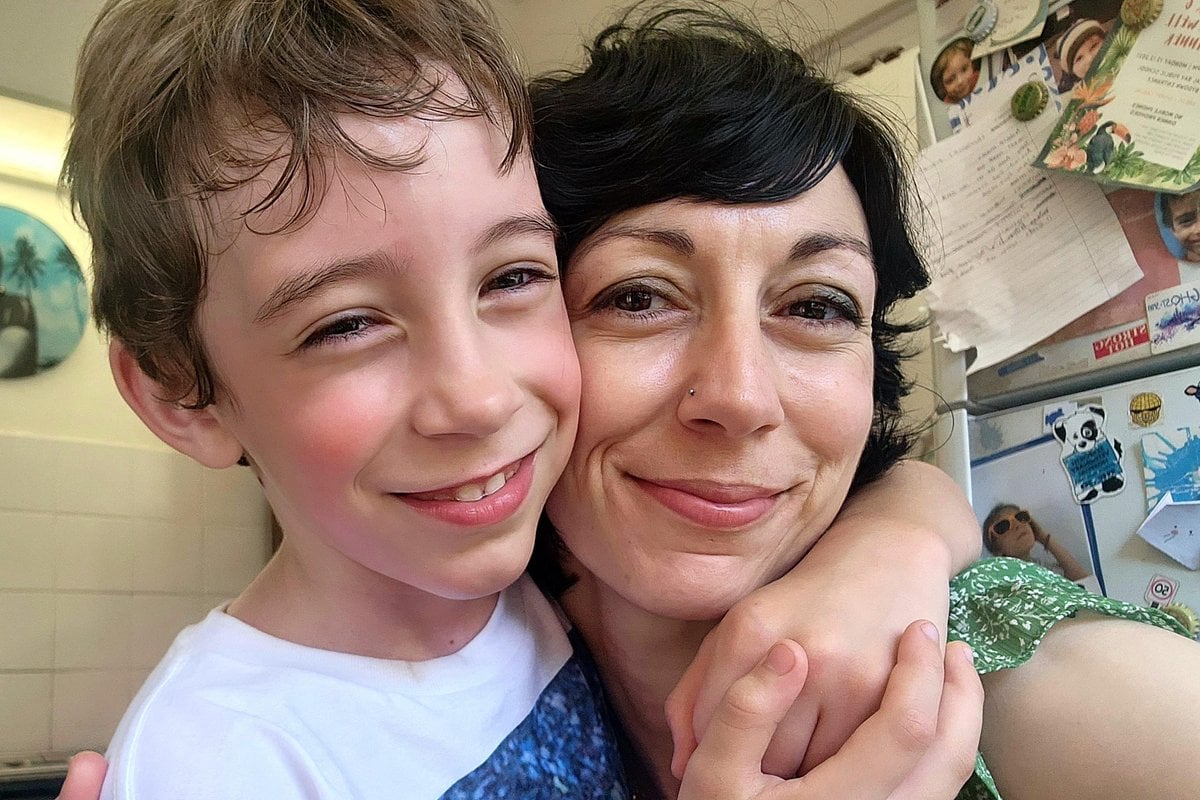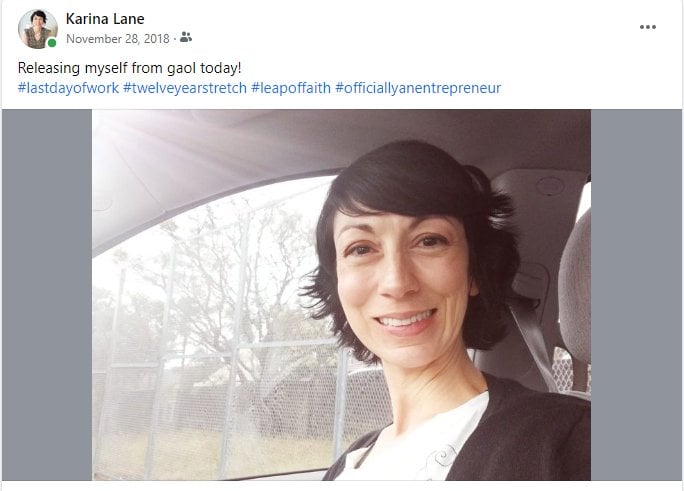
Before I became a parenting coach, I used to run groups with male prisoners. I sat in rooms with armed robbers, murderers, and addicts and talked about changing their behaviour so they could break their offending cycle. This led to some in-depth discussions about their early childhood experiences and how they fell into the path of crime, and as you can imagine, I heard stories that I’ve never been able to forget.
As harrowing as some tales were, my gaol work prepared me well for parenting. It prompted me to retrain as a parenting coach and educator, and now I spend my time sharing what I’ve learned with parents who want to zero in on what their children need most from them.
 Image: Supplied
Image: Supplied

